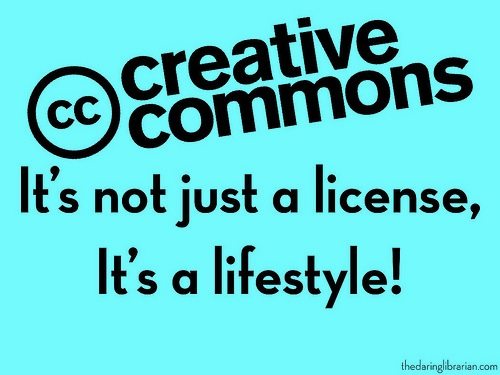
December 1, 2014; Creative Commons
When many of us talk about nonprofits—and allow others to talk about the sector—as if it were of lesser importance, NPQ wishes that you would remember that our sector contains entities that are defining a new era, including Creative Commons.
In summary, Creative Commons provides a way to freely share knowledge and the fruits of our creative work. It provides a basis for a knowledge and art commons. In that way it is, like Wikipedia, a core element of a new knowledge infrastructure. The shift from an assumption of closed (or pricey) information portals to free and accessible portals to research and other content is one of the most important trends of this century.
From their website:
Sign up for our free newsletters
Subscribe to NPQ's newsletters to have our top stories delivered directly to your inbox.
By signing up, you agree to our privacy policy and terms of use, and to receive messages from NPQ and our partners.
“Creative Commons is a nonprofit organization that enables the sharing and use of creativity and knowledge through free legal tools.
“Our free, easy-to-use copyright licenses provide a simple, standardized way to give the public permission to share and use your creative work—on conditions of your choice. CC licenses let you easily change your copyright terms from the default of ‘all rights reserved’ to ‘some rights reserved.’
“Creative Commons licenses are not an alternative to copyright. They work alongside copyright and enable you to modify your copyright terms to best suit your needs.”
Here is the “State of the Commons” report in the form of an infographic:

—Ruth McCambridge










